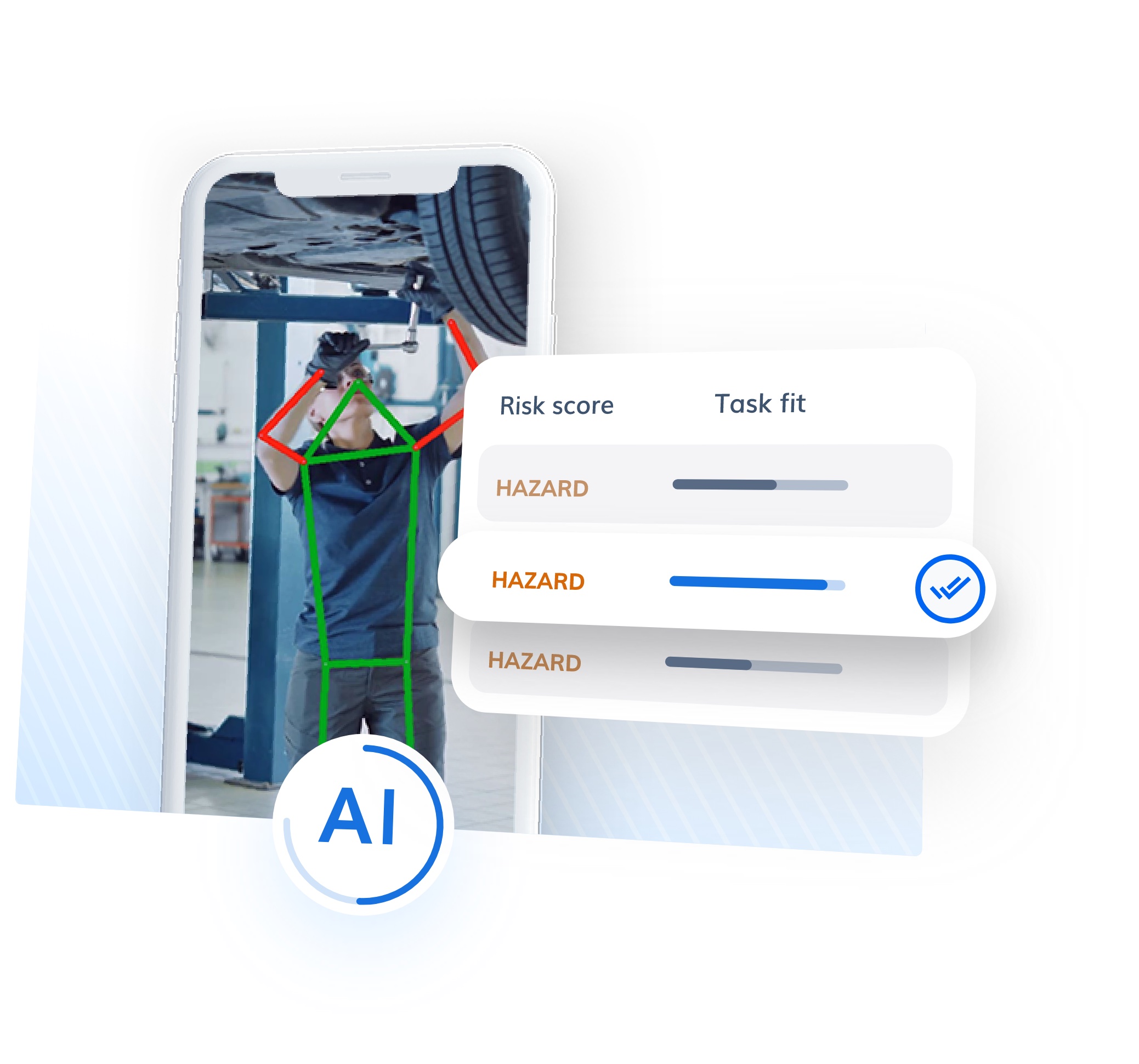Workplace health and safety experts, Stanley, has partnered with two major Artificial Intelligence (AI) innovators, to offer ground-breaking workplace health and safety solutions to UK businesses.
These new AI technology solutions are designed to improve business efficiency by reducing workplace injury and will be offered by Stanley, alongside advice on the best solution to improve workplace health.
The first solution, WearHealth from health and safety experts Stanley will match companies with exoskeleton suits designed to help to improve workers’ safety, health and wellbeing. The objective is not to allow workers to lift heavier loads, work longer hours or execute ergonomically riskier tasks but it is to make sure that their usual daily tasks can be performed without getting injured or suffering from musculoskeletal disorders.
Stanley will use video scanning technology to assess a particular task, make recommendations for possible exoskeleton suits and then report on this with sensor analysis of the activity. The sensors are worn by the worker to allow for testing and analysis of an appropriate exosuit, to determine comfort and level of support based on real-time data generated during the task. The right exoskeleton for that task can then be fitted and used as required based on the potential effectiveness and useability.
The second solution, Modjoul Smartbelt from Stanley is an innovative AI device that prevents injury through real-time feedback and data analysis. The device is attached to a belt and is designed to measure a range of workplace risks including back risk, repetitive motion, temperature control, noise levels, PPE compliance, forklift truck collision avoidance and lone worker safety. This solution is scaleable across multiple sites and applications and it also can also be used for asset management, to protect valuable items such as scanners and printers, by alerting management of their location.
Graham Sharp, Managing Director of Stanley said:
Workplace injuries have a huge impact on a business’s performance – in fact, according to the latest figures from the HSE, 36.8 million working days were lost due to work-related illness and workplace injury in 2020/21. This affects productivity and business leaders are continuously looking for ways to improve workplace safety and have a more engaged workforce.
Weextensively researched this market to find the best partners for the right AI solutions and are confident that both our WearHealth and Modjoul solutions are uniquely placed to protect workers and keep them safe. Using AI technology will cut down on back related and other physical injuries caused by lifting and constant bending and stretching and will be a game changer in terms of workplace efficiency and health and safety. We are already experiencing a huge amount of interest from businesses keen to test the technology for themselves. Any AI solution offered to businesses will be rigorously tested before it is rolled out, using detailed data driven assessments to ensure that it is the right solution.
Graham Sharp, Managing Director of Stanley
Workplace Wellbeing Professional is an online magazine featuring news and analysis on a broad range of employee wellbeing topics, focused on a UK based audience.


